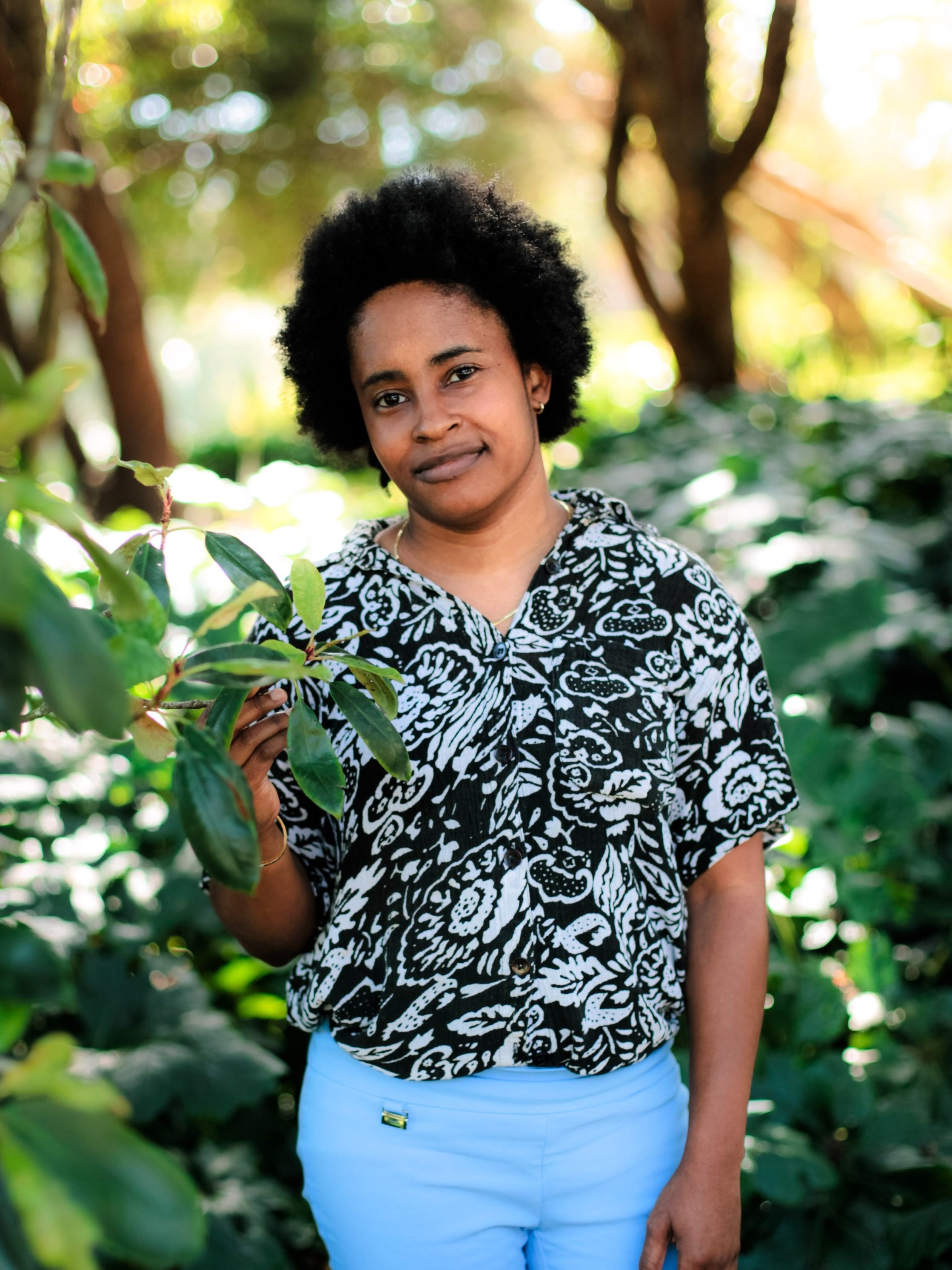How Organic Can Save The Planet
North Minneapolis takes back food systems, land through urban agriculture | Twin Cities Daily Planet | tcdailyplanet.net
Organic Agriculture as a Critical Solution
A Digital Toolkit Exploring Organic Agriculture + Environmental Justice
Toolkit Research by Jarre Hamilton + Diandra Marizet Esparza
Key Summary
Food and agricultural systems are critical tools for building a just and equitable future for both people + planet. However, the climate crisis is disrupting and destabilizing how these systems work and exposing many communities to issues of food insecurity—undermining their access to sufficient and healthy foods.
The way we’re treating the planet is seriously messing with our soils. In this toolkit, we’ll be diving into the ways organic agriculture can serve as a solution for repairing our planet’s soil and restoring vital ecosystem functions necessary for climate mitigation. We’ll also look into the ways our broken food and agricultural systems are leading climate-impacted communities to mobilize around organic community gardening, food justice, and mutual aid. To help us talk about this subject, IE has partnered with Nature's Path Organic Foods (Nature's Path), North America's largest organic breakfast and snack food company, who has been a pioneer and leader in the organic movement for the last 40 years. Nature’s Path produces USDA and CFIA Certified Organic and Non-GMO Project Verified breakfast and snack foods sold in grocery and natural food stores in over 50 countries around the world. Committed to the triple bottom line—socially responsible, environmentally sustainable, and financially viable— they work diligently to support communities and champion the cause of people + planet.
About the Researchers
Jarre Hamilton
Jarre Hamilton is a PhD candidate in anthropology at the University of California, Berkeley + currently oversees research development at IE. Jarre’s work as a certified interpretive guide, environmental educator, and scholar focuses on creating outdoor educational spaces to engage a wide range of public audiences in discussions on science communication and programming, cultural heritage, community engagement, and the environment.
IG: @Jarre_Cooks
Linkedin: Jarre Hamilton
Diandra Marizet Esparza
Diandra Marizet Esparza is an organizational development strategist, published writer, poet + speaker who co-founded + currently serves as the Executive Director of Intersectional Environmentalist. Diandra recognizes culture as an expression of our relationship to land, and her work advocates for the accessibility of diverse stories for rising generations. Diandra is a contributing writer in the academically adopted book ‘The Intersectional Environmentalist: How to Dismantle Systems of Oppression to Protect People + Planet’.
IG: @diandramarizet
Linkedin: Diandra Marizet Esparza



